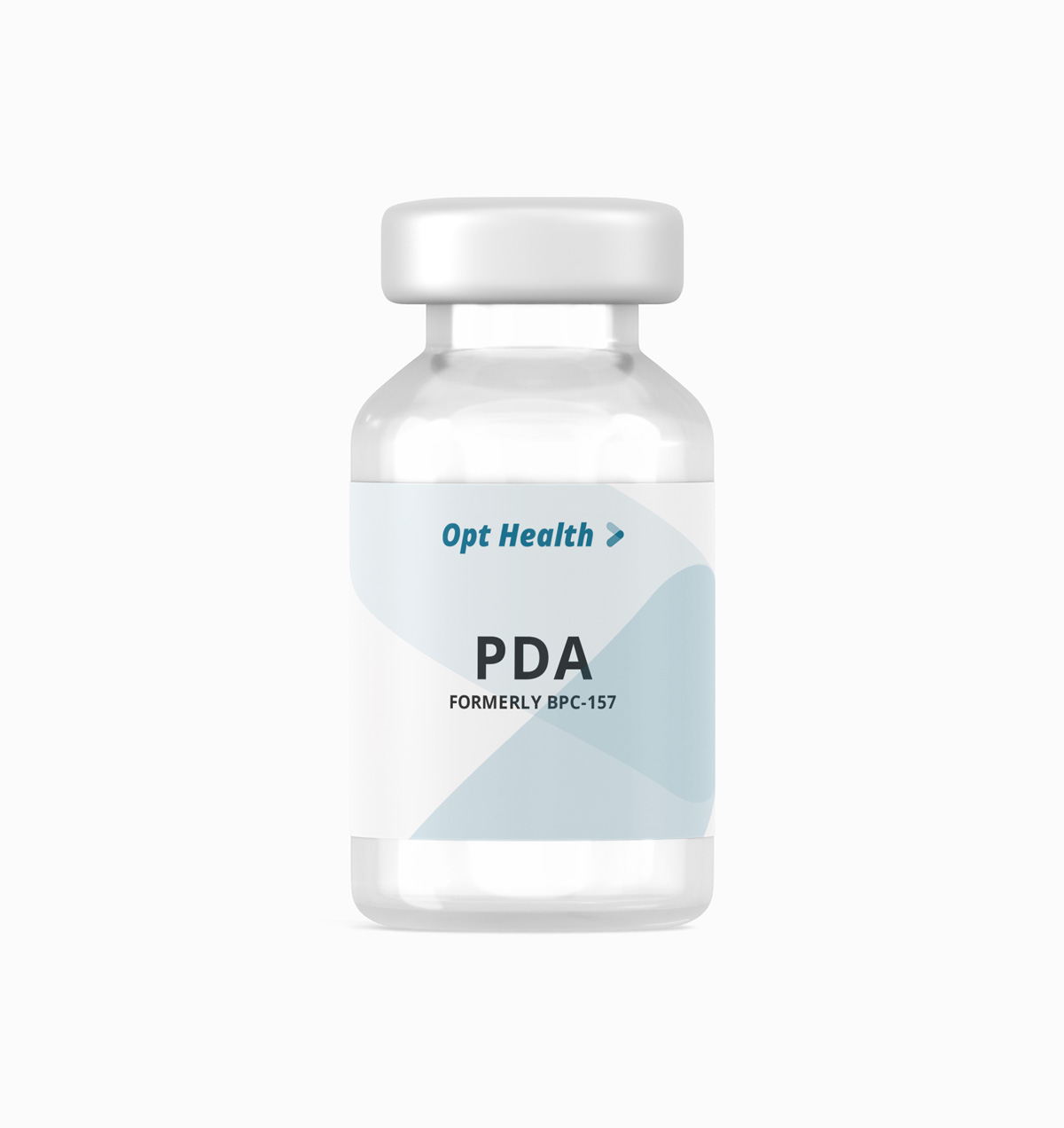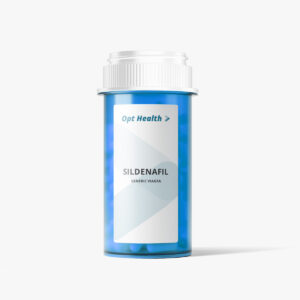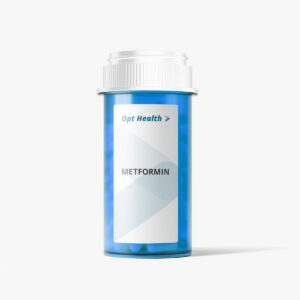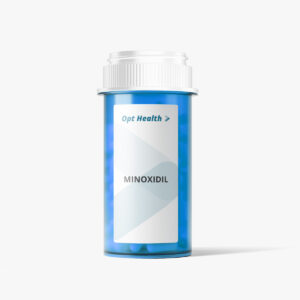PDA, formerly known as BPC-157, has been studied for its potential therapeutic benefits, which include:
- Tissue Repair and Regeneration: PDA has shown promising effects in promoting the repair and regeneration of various tissues, including muscle, tendon, ligament, and bone. It may accelerate the healing process of injuries, such as sprains, strains, and fractures.
- Anti-inflammatory Properties: PDA exhibits anti-inflammatory effects, which may help reduce inflammation in injured or damaged tissues. This can contribute to pain relief and facilitate the healing process.
- Gastrointestinal Protection: Research suggests that PDA may have protective effects on the gastrointestinal tract, including the stomach and intestines. It may help repair damage caused by conditions such as inflammatory bowel disease (IBD) or ulcers.
- Joint Health: PDA may support joint health by promoting cartilage repair and reducing inflammation. This could be beneficial for individuals with conditions such as osteoarthritis or sports-related joint injuries.
- Neuroprotection: Some studies indicate that PDA may have neuroprotective effects, potentially protecting neurons from damage and promoting neural regeneration. This could have implications for the treatment of neurological disorders or injuries.
- Wound Healing: PDA has been shown to accelerate wound healing, including both acute and chronic wounds. It may enhance the formation of new blood vessels and improve tissue regeneration at the site of injury.
Pain Management: Due to its anti-inflammatory and tissue-repairing properties, PDA may help alleviate pain associated with various injuries and conditions, providing relief to individuals suffering from chronic or acute pain.




